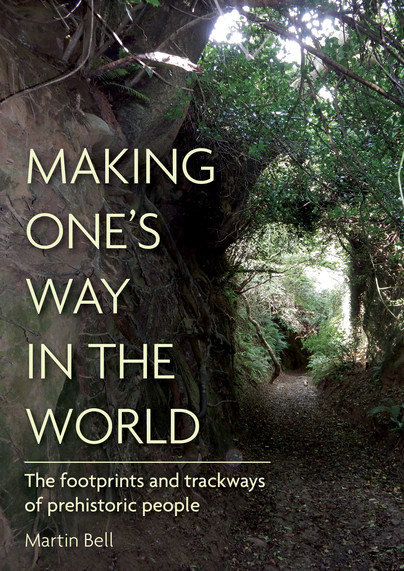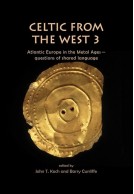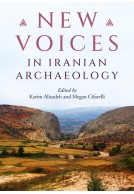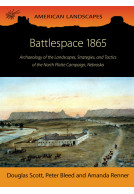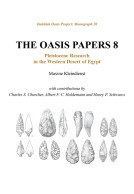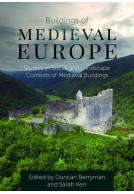Google Books previews are unavailable because you have chosen to turn off third party cookies for enhanced content. Visit our cookies page to review your cookie settings.
Making One's Way in the World (Hardback)
The Footprints and Trackways of Prehistoric People
Imprint: Oxbow Books
Pages: 320
ISBN: 9781789254020
Published: 31st January 2020
Script Academic & Professional
Pages: 320
ISBN: 9781789254020
Published: 31st January 2020
Script Academic & Professional
You'll be £50.00 closer to your next £10.00 credit when you purchase Making One's Way in the World. What's this?
+£4.99 UK Delivery or free UK delivery if order is over £40
(click here for international delivery rates)
Need a currency converter? Check XE.com for live rates
(click here for international delivery rates)
Need a currency converter? Check XE.com for live rates
The book draws on the evidence of landscape archaeology, palaeoenvironmental studies, ethnohistory and animal tracking to address the neglected topic of how we identify and interpret past patterns of movement in the landscape. It challenges the pessimism of previous generations which regarded prehistoric routes such as hollow ways as generally undatable.
The premise is that archaeologists tend to focus on ‘sites’ while neglecting the patterns of habitual movement that made them part of living landscapes. Evidence of past movement is considered in a multi-scalar way from the individual footprint to the long distance path including the traces created in vegetation by animal and human movement. It is argued that routes may be perpetuated over long timescales creating landscape structures which influence the activities of subsequent generations. In other instances radical changes of axes of communication and landscape structures provide evidence of upheaval and social change. Palaeoenvironmental and ethnohistorical evidence from the American North West coast sets the scene with evidence for the effects of burning, animal movement, faeces deposition and transplantation which can create readable routes along which are favoured resources.
Evidence from European hunter-gatherer sites hints at similar practices of niche construction on a range of spatial scales. On a local scale, footprints help to establish axes of movement, the locations of lost settlements and activity areas. Wood trackways likewise provide evidence of favoured patterns of movement and past settlement location. Among early farming communities alignments of burial mounds, enclosure entrances and other monuments indicate axes of communication. From the middle Bronze Age in Europe there is more clearly defined evidence of trackways flanked by ditches and fields. Landscape scale survey and excavation enables the dating of trackways using spatial relationships with dated features and many examples indicate long-term continuity of routeways. Where fields flank routeways a range of methods, including scientific approaches, provide dates.
Prehistorians have often assumed that Ridgeways provided the main axes of early movement but there is little evidence for their early origins and rather better evidence for early routes crossing topography and providing connections between different environmental zones. The book concludes with a case study of the Weald of South East England which demonstrates that some axes of cross topographic movement used as droveways, and generally considered as early medieval, can be shown to be of prehistoric origin. One reason that dryland routes have proved difficult to recognise is that insufficient attention has been paid to the parts played by riverine and maritime longer distance communication. It is argued that understanding the origins of the paths we use today contributes to appreciation of the distinctive qualities of landscapes. Appreciation will help to bring about effective strategies for conservation of mutual benefit to people and wildlife by maintaining and enhancing corridors of connectivity between different landscape zones including fragmented nature reserves and valued places. In these ways an understanding of past routeways can contribute to sustainable landscapes, communities and quality of life.
Customers who bought this title also bought...
Other titles in Oxbow Books...







